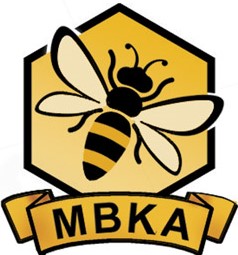The next MBKA Introduction to Beekeeping Course
will be in 2025.
The course will be held in
Broughton Gifford Village Hall,
The Street, Broughton Gifford, Melksham,
Wiltshire, SN12 8PN.
Theory sessions are 7:00 - 9:00
Practical sessions will be held in the Apiary.
This short course is designed to introduce the important basics of beekeeping to anyone thinking about keeping bees as a hobby. It would also suit existing beekeepers who, without having had any training, feel they could improve their knowledge and experience. The course combines the basics of beekeeping theory with some practical experience at the club apiary. By the end of the course you will have sufficient skills and knowledge to set up your own hive and handle your bees competently and responsibly. Members of the club will be happy to offer continuing help and advice once the course has finished. The course is run by experienced and qualified local beekeepers.
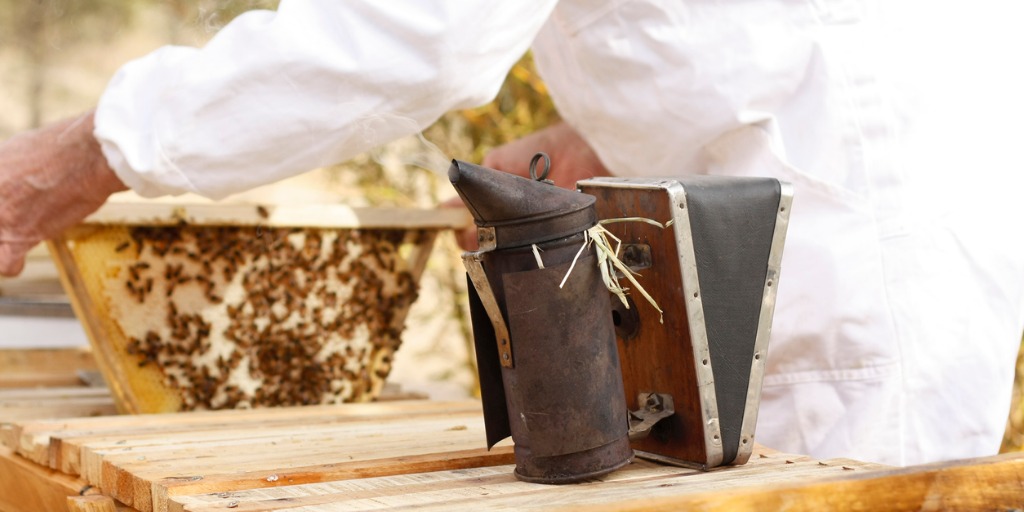
MBKA has 100 members and is one of 4 district beekeeping associations within Wiltshire. The others are Kennet, West Wiltshire, and Swindon. These associations are affiliated to the British Beekeepers Association (BBKA) which is the main national body for amateur beekeepers. It is recommended that new beekeepers join their local association which will become an important source of support and information as well as offering a range of interesting and enjoyable social events.
MBKA holds monthly meetings in Broughton Gifford Village Hall. The meetings usually include talks and presentations from local beekeepers and nationally known experts about all aspects of bees and beekeeping. The meetings are usually attended by a beekeeping equipment supplier, giving you the opportunity to browse and buy seasonally relevant equipment and seek expert advice. The club arranges visits to various annual national beekeeping events and holds several purely social events each year, as well as an annual honey show. Membership of MBKA also allows you to attend any of the events and meetings held by the other associations in Wiltshire.
The theory sessions will cover the following topics
An introduction to bees and beekeeping
This session introduces the history and biology of the Western Honey Bee (Apis mellifera). You will learn how honey bees live, reproduce and make honey and wax. The session will cover the way in which humans have interacted with bees throughout history and the development of the modern hive. The session will outline how modern beekeepers use hives to keep colonies of honey bees, how those colonies are maintained, and how honey is harvested. Other topics will include honey bee anatomy, the types of flowers local bees will visit, and what happens when bees swarm.
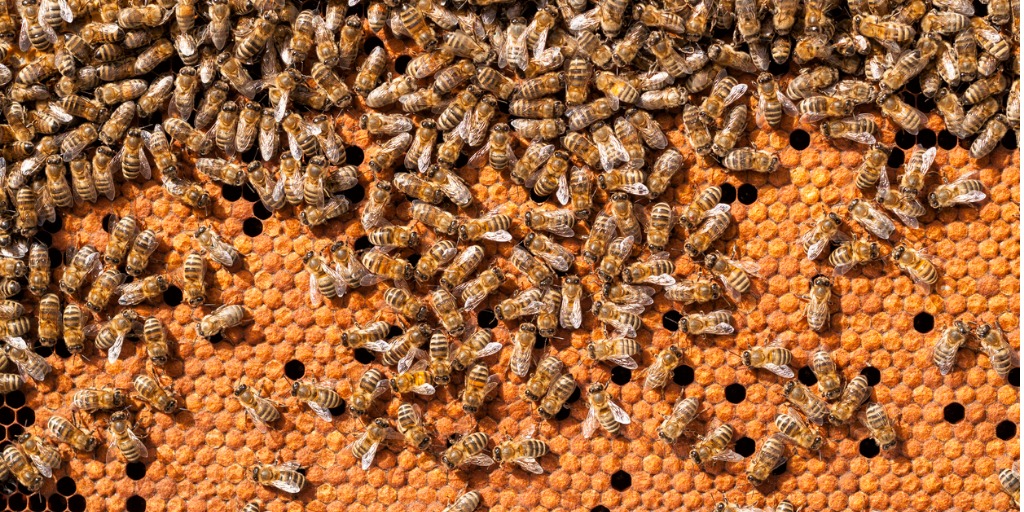
Your first two seasons
Assuming you decide to acquire bees soon after completing the course, this session will inform you of what you will need to do in your first two seasons as a beekeeper. Starting with details of how and from where you might get your bees, how you will introduce them to their new home, and everything you need to do to look after them during their first summer. We will then explain how to safely get the bees through their first winter and spring, and then how to prepare for your first honey harvest.
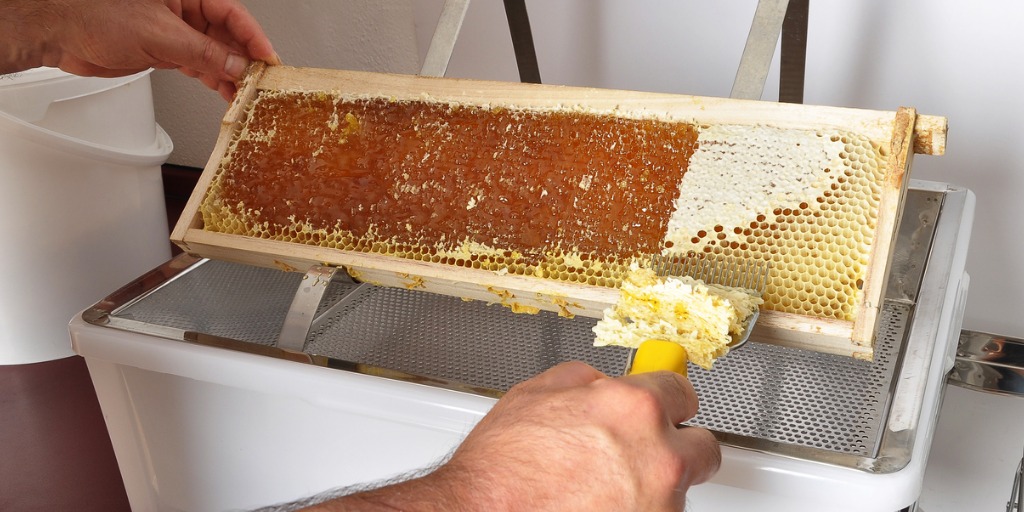
Equipment
A hands-on look at the equipment used for beekeeping. This includes looking at hives and the various options available, as well as smokers, hive tools, protective clothing, feeders, and the varied paraphernalia that are essential to the new beekeeper.
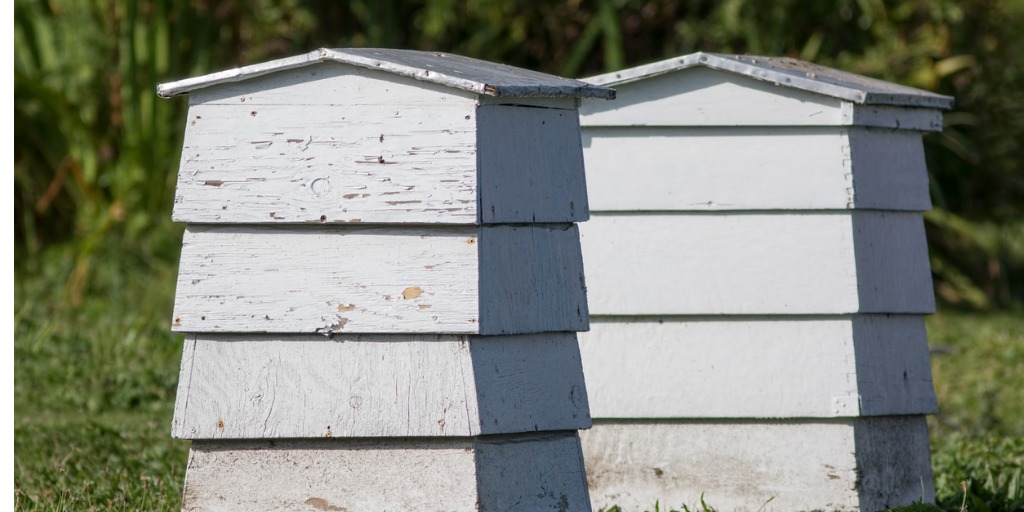
Bee health, stings and produce of the hive
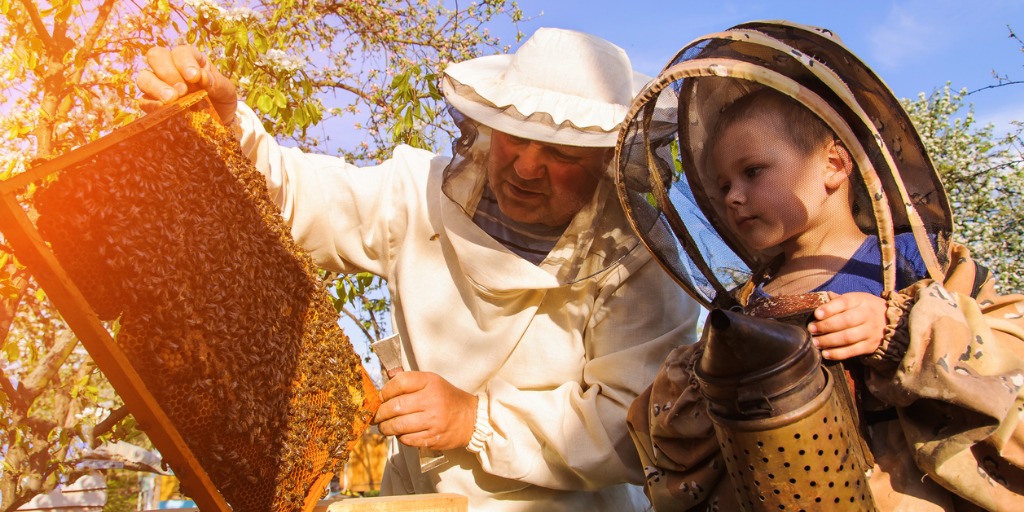
Practical Sessions (x2)
These will teach you how to open a hive, handle your bees, and recognise what you see inside your hive. You will learn how to prevent your bees from swarming by performing an 'artificial swarm'. You will also learn how to make a frame filled with wax foundation ready to be used by the bees in your hive.
